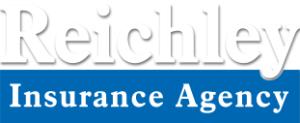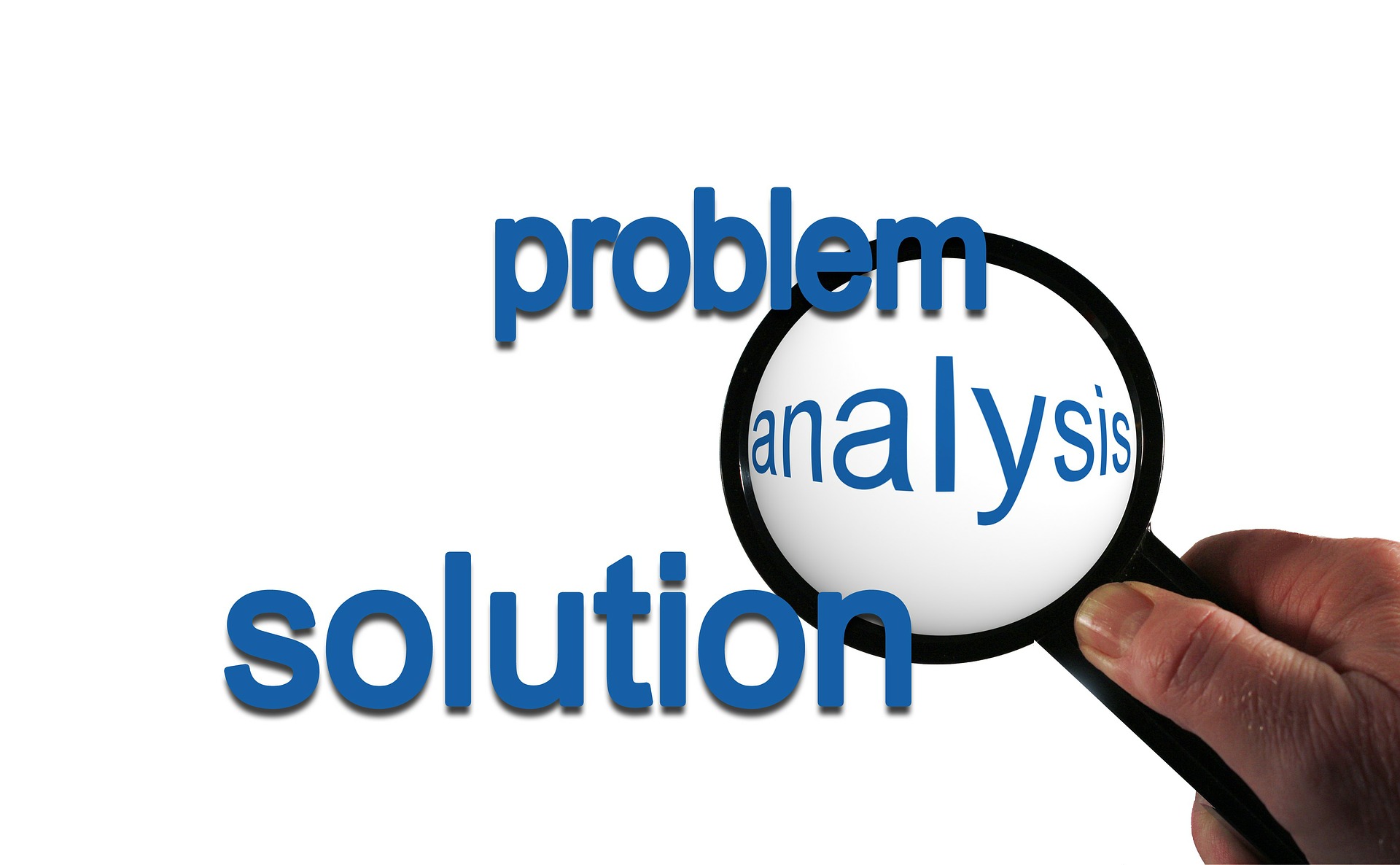How We Help You Make Informed Insurance Decisions
 When it comes to your insurance, making the right decision can be the difference between a covered loss or a nightmare. Knowing what to look for is one thing, but it’s just as important to know what NOT to do when considering your insurance agent and the kind of insurance you may need. What your goal should always be is to get the best possible combination of coverage, price, and service. To help you get to this point, we have a process that we use that helps us known you better and educates you on your risk and how best to manage them. The process is the same for a family or a business.
When it comes to your insurance, making the right decision can be the difference between a covered loss or a nightmare. Knowing what to look for is one thing, but it’s just as important to know what NOT to do when considering your insurance agent and the kind of insurance you may need. What your goal should always be is to get the best possible combination of coverage, price, and service. To help you get to this point, we have a process that we use that helps us known you better and educates you on your risk and how best to manage them. The process is the same for a family or a business.
Understanding
It is important that we have an understanding of your needs, concerns, and risks. Our goal is to gain knowledge of what risks you have and how we can manage these together. Some risks we can say for sure may need insurance, but there may be some risks where insurance is not the best solution.
Educating
Once we understand your risks and needs, we educate you on how to manage them best. We believe that our primary purpose is to educate and inform our clients so they can make the best possible decision.
Planning
Once we agree on what your risk is, we set up a plan. The plan may be to offer insurance options, increase deductibles, transfer your risk, or self-insure. Notice that this is the first time we mention insurance. If the first word out of an insurance professionals mouth is insurance, all they are doing is trying to sell you a product, not deliver on a promise.
Managing
We manage your program through insurance placement; risk reduction techniques claims assistance and customer service. We understand that our job does not end when your policy is delivered. We answer questions and solve problems throughout the entire year.
Evaluating
To continue the process, we assess your program and make corrections based changes in your needs and risk. We believe that your insurance needs change, and therefore, our approach needs to be flexible enough to adapt and change over time.
In the end, you have a better-designed insurance program and be more satisfied with the results. Just remember, cheaper is not better and better is not always more expensive. We offer a way to add value to your insurance purchases.













